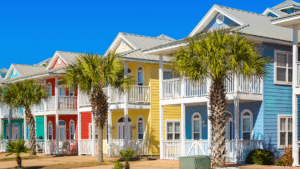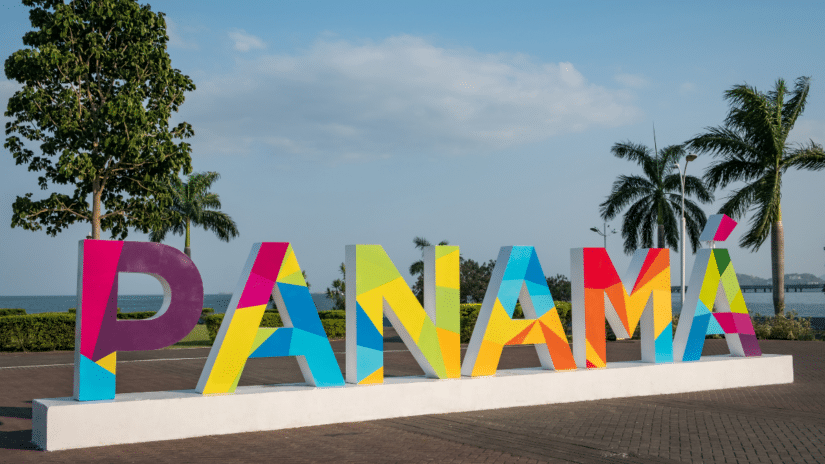This post will explore real estate in Panama and residency through investment, best places to buy property, as well as documents required, among other things.
Panama offers more than just adventure and exploration. It’s a place thriving with opportunities, especially in the realm of real estate investment.
If you are looking to invest as an expat or high-net-worth individual, which is what I specialize in, you can email me (advice@adamfayed.com) or WhatsApp (+44-7393-450-837).
While property investment is deemed relatively low risk, exercise usual caution and get financial advice.
Real Estate Market in Panama
Panama’s real estate market is witnessing a surge in activity and demand, making it attractive for investors seeking profitable ventures.
Panama City, the thriving capital and economic powerhouse of the country stands out as a prime location within the real estate sector.
Investors flock to the city to capitalize on the burgeoning commercial and residential markets.
Real Estate in Panama Return on Investment
Real estate in Panama has established a solid track record of delivering attractive and sustainable returns, thus making it a compelling choice for advanced investors.
Residential properties in Panama exhibit a robust rental market, with rental yields typically ranging from 5% to 8%.
According to data from Numbeo, rental properties in Panama offer gross rental yields ranging from 6.8% to 9.5%.
The influx of expatriates and retirees living in Panama plays a pivotal role in the favorable rental market environment.

Can Foreigners Buy Real Estate in Panama?
Indeed, foreigners can acquire property in Panama, but certain restrictions apply.
For instance, buying property within 10 kilometers of the coastline or 5 kilometers of the border is off-limits for foreigners.
Moreover, foreign buyers must secure a special permit from the Panamanian government.
Real Estate Transaction Documents in Panama
When engaging in a property transaction in Panama, you’ll need several documents, including:
- Copy of the buyer’s passport or official ID
- Copy of the seller’s passport or official ID
- Property title deed
- Tax documents
- Receipts for property payments
- Property Appraisal
- Notarized contract
- Sales contract
- Appraisal report
- Tax assessment report
- Bank reference letter
- Letter of employment
- Proof of funds
- Power of Attorney (if applicable)
- Property survey copies
Getting a Mortgage in Panama
Foreigners can secure property loans in Panama.
The Panamanian banking system permits non-residents to apply for property loans, subject to certain conditions and requirements.
Some banks in Panama provide mortgages to foreigners, including Banco General, Banistmo, and Scotiabank Panama.
Furthermore, mortgage rates in Panama for a 20-year term typically range from 4% to 8%.
Getting Residency in Panama Through Property Acquisition
The country offers the Friendly Nations Visa program, allowing nationals from specific countries to attain permanent residency in Panama through property ownership.
The property must be valued at a minimum of $300,000, and the owner must demonstrate the financial means to maintain it.
Once the visa is approved, the applicant gains permanent residency in Panama.
Besides property ownership, applicants must meet other requirements such as:
- Clean criminal record
- A valid passport
- Evidence of sufficient funds to cover living expenses in Panama
The process typically spans six months, so applicants must prove their ability to support themselves while residing there.
Best Places to Buy Property in Panama
Some of the prime destinations for purchasing real estate properties in Panama are:

- Panama City
- Bocas del Toro
- Boquete
- David
- Coronado
- Volcán
- Las Tablas
The price per sqm to purchase an apartment in cities like Panama City can be around $2,250. In rural areas, it can be around $1,200.
Pained by financial indecision? Want to invest with Adam?

Adam is an internationally recognised author on financial matters, with over 760.2 million answer views on Quora.com, a widely sold book on Amazon, and a contributor on Forbes.





















Discussion about this post